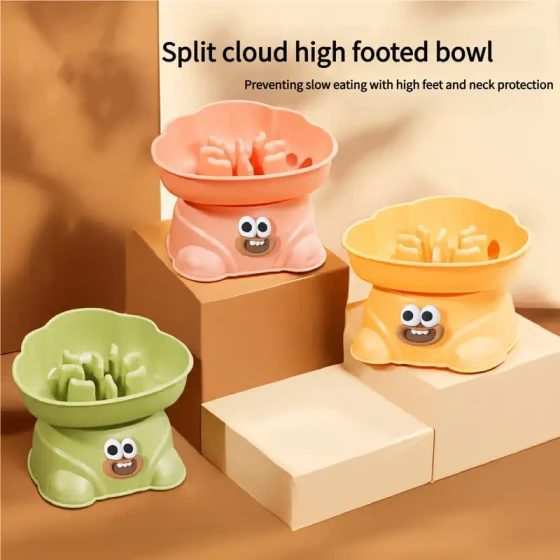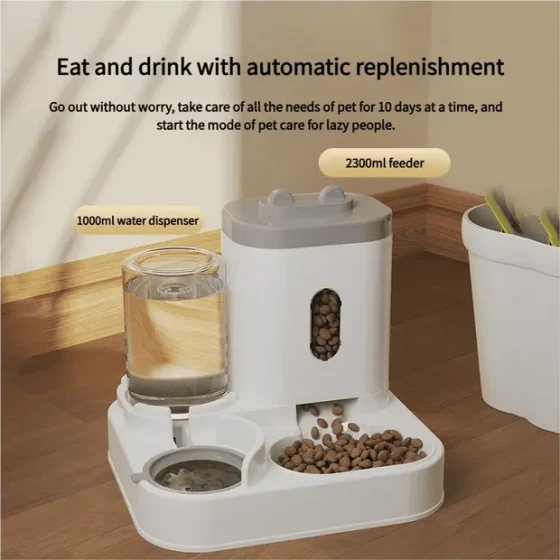Beware of Dog Depression

Bull Terrier
The causes of depression in different pets may vary greatly. If a pet in the household is very timid and gets scared for a long time when seeing unfamiliar people or things, this pet is more likely to develop depression; if the pet itself is not very healthy, lacks some trace elements, or suffers from other chronic physical illnesses, physical pain can easily lead to psychological depression.
If one day, you find that your beloved dog barks a couple of times for no reason all day long, or your beloved cat refuses to eat for some unknown reason, or they are indifferent and unresponsive to your affection, in such cases, they may have depression. The causes of pet depression may come from three aspects: the pet itself, the external environment, and the pet owner.
1. The Pet Itself
The causes of depression in different pets may vary greatly. If a pet in the household is very timid and gets scared for a long time when seeing unfamiliar people or things, this pet is more likely to develop depression; if the pet itself is not very healthy, lacks some trace elements, or suffers from other chronic physical illnesses, physical pain can easily lead to psychological depression.
Solution: Pet owners should care for and look after their pets more, avoid frightening them, and help the pet to first treat its physical illnesses.
2. External Environment
1. Sudden change in living environment. If the living environment suddenly changes, such as being sent to stay at the owner's friend's home, or the owner's family moves to a new house, the pet usually shows some signs of discomfort and feels confused.
Solution: Pet owners can take pets to experience the new environment in advance, and prepare better material conditions in the new environment, such as a warmer small bed, tastier food, and cuter toys, giving them a place to hide when feeling stressed.
2. Arrival of new members. If other pets or friends come to the home, or a newborn baby appears, they may feel neglected and become depressed.
Solution: Pet owners must prepare fully beforehand so that the arrival of new members becomes a joy for the pets at home. For example, deliberately showing a little indifference to the pet before other pets arrive, but then showing extra care and affection when the other pets arrive, so the pet will look forward to the new arrivals. If a newborn baby is expected, try to let the pet gradually get used to the smell of baby products before the baby is born.
3. Separation from the pet owner. Cats, dogs, rabbits, birds, turtles, and other small animals feel very anxious, nervous, or even depressed when their owner leaves home without taking them along.
Solution: Before leaving, the owner can leave some tasty treats for their beloved pet to enjoy, preferably some flavors they have never experienced before. While busy enjoying the food, the pet’s feeling of missing their owner will be lessened.
3. The Pet Owner
The pet owner's attitude toward the pet is a very critical factor.
1. If the pet owner goes out early and returns late every day, and doesn't think about accompanying the little one except during long holidays like May Day or National Day, nor takes it out for walks, such pets that are often neglected and trapped indoors can easily develop depression and anxiety, and may even harm themselves to vent their frustration.
Solution: Pet owners should spend more time caring for their pets or find them a companion to prevent too lonely and monotonous a life.
2. If the pet owner’s household atmosphere is tense, with frequent family wars and constant quarrels, the pet’s life obviously won’t be good. In such an environment, pets are prone to feel fearful and uneasy, which over time can cause depression.
Solution: In such cases, to change the pet's depression, the first step should be to provide it a more relaxed environment.


